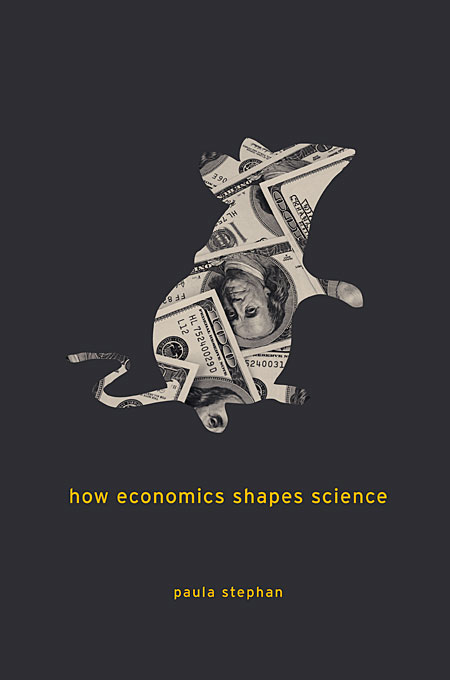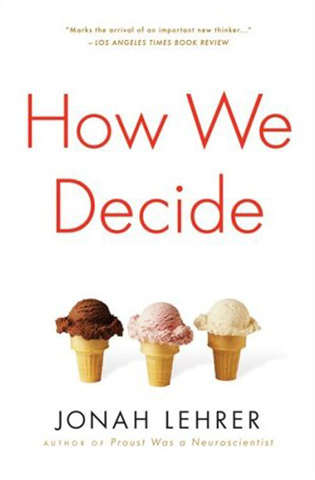Should scientific journals publish high-risk scientific research that could in the wrong hands be disastrous for us all? Although it might be sensible to keep certain results secret for a while, I argue that eventually it does not make sense to withhold results in the long-term.
What is this all about? Yesterday saw the publication in Nature of the controversial mutant bird flu paper. Bird flu (H5N1) is highly lethal, more than 50% of those known to be infected have died from it, although such figures need to be treated with caution. There might be plenty of more benign cases that went undetected so this is more of an upper limit. Still, this is scary. The good news – so far at least – is that H5N1 in the wild doesn’t spread easily between humans and unlike other forms of flu does require physical contact.
Researchers in the US/Japan and separately in the Netherlands have now studied whether H5N1 can mutate to become highly contagious, which would be a real nightmare scenario: a lethal virus that transmits easily. And as these two papers show, using ferrets this requires only a few genetic mutations. What at least the US/Japanese group has done (the other paper has not been published yet, see below), is to use genetic variants from the highly contagious swine flu virus (H1N1) to modify the H5N1 virus accordingly. These genetic modifications, however, have not been successful on their own. It is interesting what happened then: after only two further rounds of infections of ferrets the virus mutated by itself to become highly contagious! Ed Yong has more details of this on his blog. But I like to emphasize that the contagious H5N1 variant as published now appears much less lethal than the original virus.
The publication of both papers has been withheld for months out of fear such knowledge could be used by terrorists or other mad individuals to create a deadly pandemic. Given also a reversal of opinion from a US biosecurity board, the US/Japan paper has now appeared in Nature, and the Dutch paper is expected to appear in Science shortly. Eventually, the decision was in favour of publication, because knowledge of the mutations and their effect on the biology of the virus are so crucial to combat this disease and to possibly develop vaccines. It is not terrorists we need to be afraid of, such mutations can easily happen in nature any moment. In an interview with the BBC, Nature‘s Editor-in-Chief Philip Campbell further rationalises the decision to publish.
Other than not publishing such research at all, two further options were debated: redacting the papers, or to make them available to selected trustworthy scientists only. In an editorial, Nature has now declined such possibilities out of principle and announced this important publishing policy: Continue reading…




May 3, 2012
1 Comment